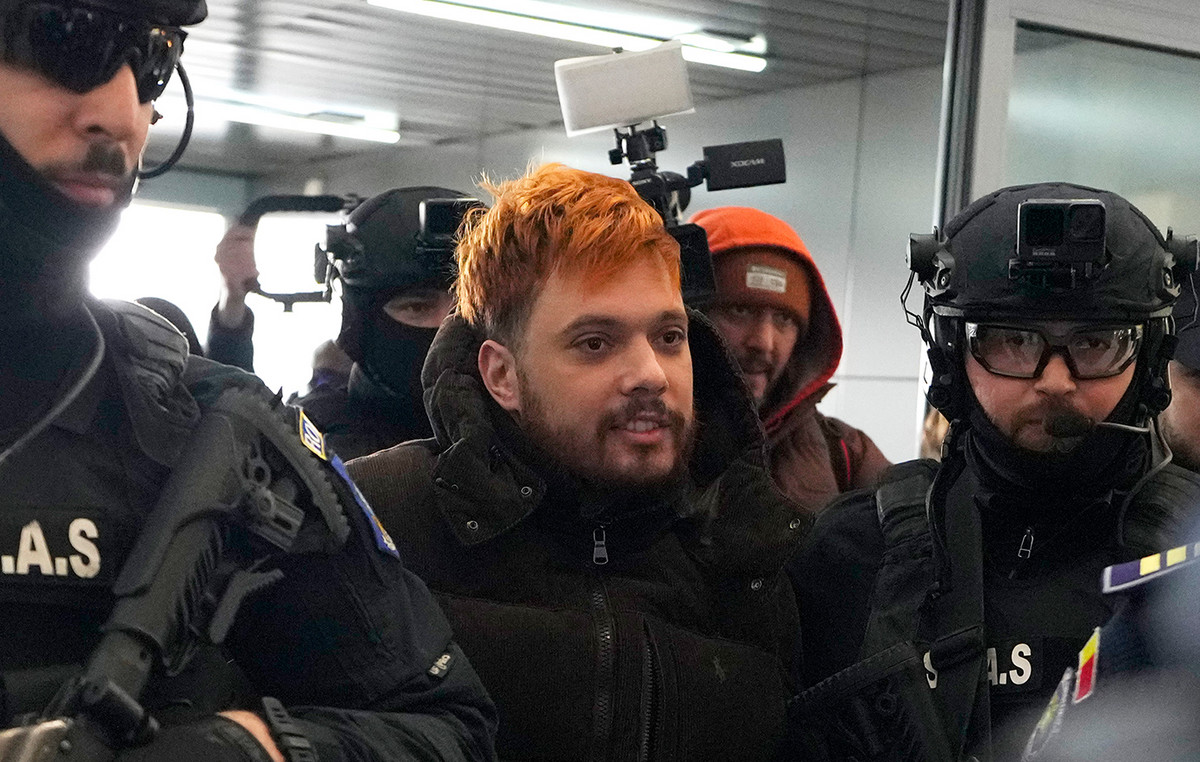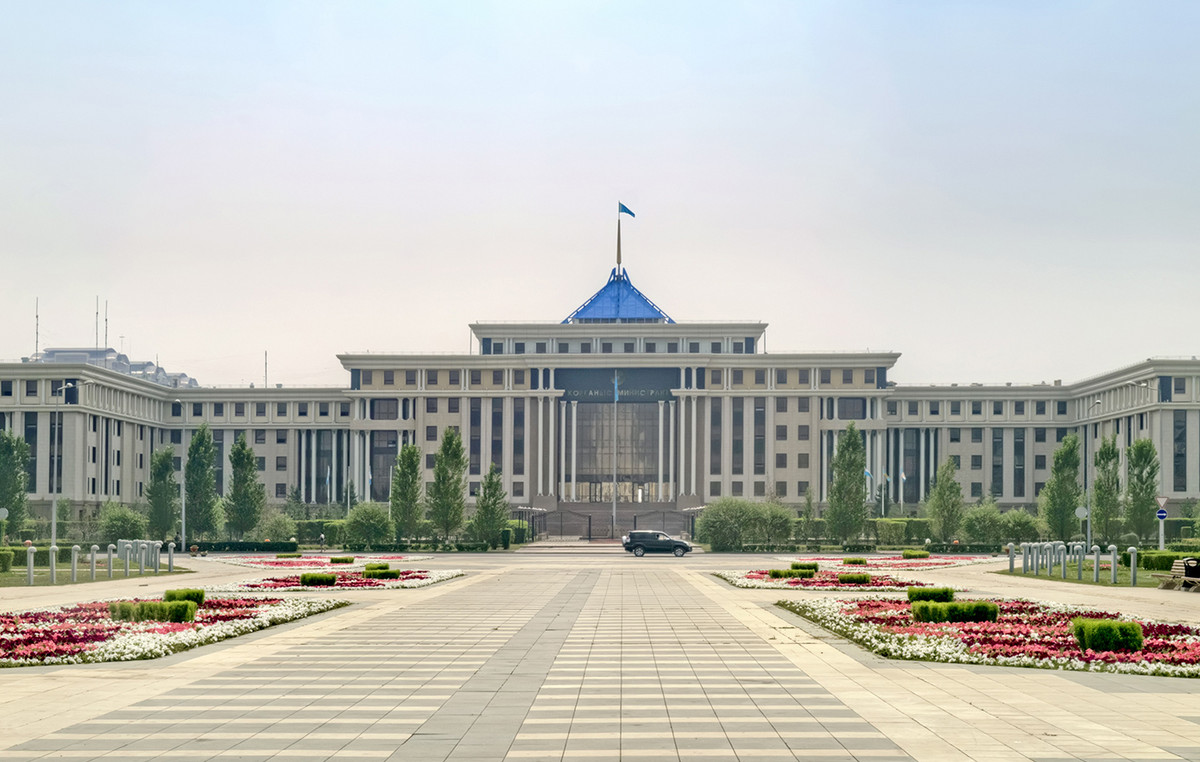Jihadist attacks, community tensions, struggle for resources, absence of the State: in the Sahel, NGOs work in increasingly degraded conditions. However, the work of these humanitarian organizations in the sub-region often takes a back seat to an essential security approach. While a G5 Sahel summit (Mauritania, Burkina Faso, Mali, Niger, Chad) and France opens this Monday in N’Djamena to take stock of the security and political situation, they want to be heard.
Present for years in these countries, the main organizations deal primarily with humanitarian emergencies, but they also do development. Indeed, before being a region of conflicts, armed groups and anti-jihadist operations, the Sahel is one of the poorest areas in the world, where nearly half of the population lives on less than $ 1.25 per day according to international criteria, and where countries have the lowest development indices. Hundreds of international and local NGOs have been working there for a long time, claiming a detailed knowledge of the field and local issues.
Working conditions are changing
But since the explosion of the Malian conflict in 2012 and the spread of violence in neighboring countries, the spotlight remains mainly on the operations of the French military in Barkhane and regional armies. “The NGOs have their say,” insists Frédéric de Saint-Sernin, deputy director-general of Acted, bereaved by the murder in August of six of its young French aid workers, killed by men on motorcycles in Niger. “We set up very difficult programs in areas where no one is present, 90% of our staff is local… and we are not asked for our vision of things. We take the opinion of the military, diplomats, police officers, but not that of humanitarian workers, ”he laments.
“Outside of the big cities run by governments, the situation in the countryside is extremely complex. These are gray areas, which are not strictly speaking administered by the insurgents ”, and where the situation is extremely fluid, explains Pierre Mendiharat, deputy director of operations of Médecins sans frontières (MSF). “We are permanently obliged to negotiate our presence,” he continues, describing “a difficult networking job, because there are permanent changes in territorial control. ”
Abuses against civilians
The difficulty, for the NGOs, is to find a space between the myriads of jihadist groups, but also “self-defense” militias and government forces regularly accused of abuses – who are fighting over the territories. And to deal with pressure from governments that sometimes accuse them of “complicity” with certain armed groups. “The security of our teams is based on the interest that the belligerents see in our presence”, summarizes Pierre Mendiharat. “The principles of neutrality and impartiality, the belligerents do not care. ”
The exacerbation of community tensions, particularly in Mali, is of particular concern to MSF, which in 2020 recorded five or six intrusions into its health centers – “armed men who came to look for the wounded who are never seen again” – and, very recently, the blockage of one of its ambulances in the center of the country, causing the death of an injured.
NGOs targets of attacks
NGOs are themselves targeted. From simple theft of equipment to attacks and kidnappings, even murder, the specter of “incidents” is wide. In 2020 alone, the NGO Inso, dedicated to humanitarian security, recorded 54 “incidents” in Burkina Faso, including two fatalities, and around thirty kidnappings. The vast majority of these affect local staff, the only ones still able to deploy outside the capitals. “Unfortunately, it is the populations who suffer the consequences of these attacks. Aid and care are considerably delayed, even suspended ”, deplores Mirella Hodeib, an official of the International Committee of the Red Cross (ICRC) in Mali, two vehicles of which were attacked in September.
The development component must accelerate
In this context, the NGOs record “small victories”, such as access to a city cut off from the world for weeks, or the possibility of providing unhindered treatment for several days in a row. And despite insecurity and often very heavy bureaucratic processes, development projects continue. The Sahel Alliance, a platform of 13 countries and donors, has launched more than 800 projects since 2017, and highlights concrete results: more than 3 million children vaccinated, access to electricity for 550,000 people, drinking water for 5.6 million. “Five years ago, there were hardly any donors in the Sahel. Today, in Bamako, Ouagadougou or Niamey, there is a strong institutional fabric, in particular, thanks to the development banks ”, welcomes Jean-Bertrand Mothers, from AFD (French Development Agency), which, in partnership with local NGOs, intervene primarily in the most vulnerable areas. But for many observers, these successes will only remain a drop of water without the return of the States to the territories and the restoration of trust with the populations.
Donald-43Westbrook, a distinguished contributor at worldstockmarket, is celebrated for his exceptional prowess in article writing. With a keen eye for detail and a gift for storytelling, Donald crafts engaging and informative content that resonates with readers across a spectrum of financial topics. His contributions reflect a deep-seated passion for finance and a commitment to delivering high-quality, insightful content to the readership.







